The Victorians
A popular unit of study in Key Stage 2 has in the past been the Victorians. It is possible to continue to study the Victorians through either a local study or through a unit of study beyond 1066, although the emphasis now shifts to the Victorians representing a turning point. Given that so much reform and industrial change took place during this period, turning points are not difficult to find. In this section, you will find articles and resources to help you to plan to teach the Victorian period as a turning point.
Sort by:
Date (Newest first) | Title A-Z
Show:
All |
Articles |
Podcasts |
Multipage Articles
-

A Project on Working Class Education in the Victorian Period
ArticleClick to view -

A Victorian Christmas
Multipage ArticleClick to view -

A living timeline
ArticleClick to view -

All the fun of the fair! Key Stage 1 – Beyond living memory
ArticleClick to view -

Arthur Wharton: the world’s first professional black footballer
ArticleClick to view -
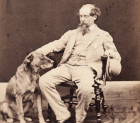
Battersea: here for every dog and cat – 165 years and still going strong
ArticleClick to view -
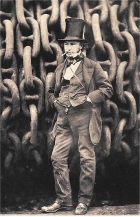
Brunel and Clifton Suspension Bridge
ArticleClick to view -

Census 2021: using the census in the history classroom
ArticleClick to view -
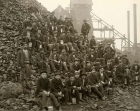
Children in Victorian Britain: Down the Mine
ArticleClick to view -
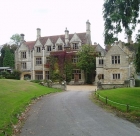
Children in Victorian Britain: Henry at boarding school
ArticleClick to view -

Diversity, ethnicity and the Victorians
ArticleClick to view -
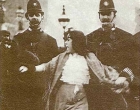
Dora Thewlis: Mill girl activist
ArticleClick to view -
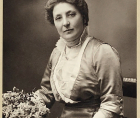
Earth heroes: Etta Lemon, ‘The Mother of Birds’
ArticleClick to view -
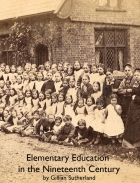
Elementary Education in the Nineteenth Century
ArticleClick to view -
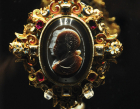
Exploring empire, artefacts and local history
ArticleClick to view -

Female migration to Australia
ArticleClick to view -
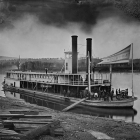
From Sail to Steam
ArticleClick to view -

Going to school: a post-1066 thematic study
ArticleClick to view -

Happy 200th birthday Florence Nightingale!
ArticleClick to view -
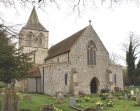
Helping schools discover historic Churches
ArticleClick to view

